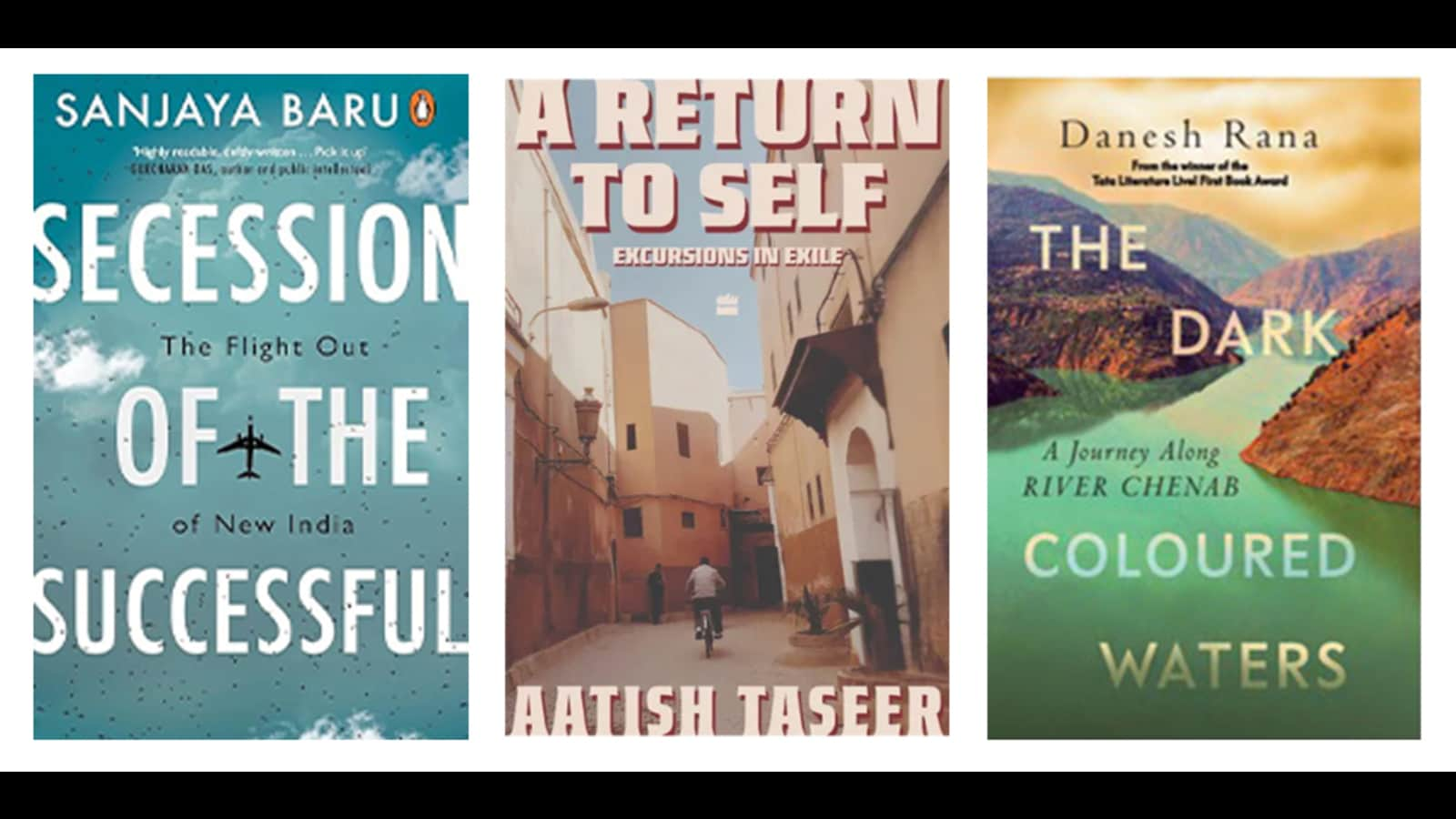A wake-up call
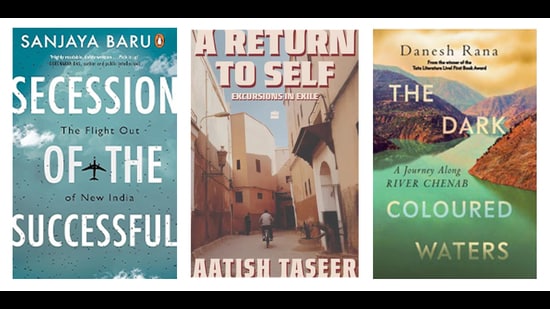 This week’s pick of interesting reads includes a book on fleeing Indian elites, a volume that blends travelogue with memoir, and another that traces the journey of the Chenab. (Shirish Sharma)
This week’s pick of interesting reads includes a book on fleeing Indian elites, a volume that blends travelogue with memoir, and another that traces the journey of the Chenab. (Shirish Sharma) 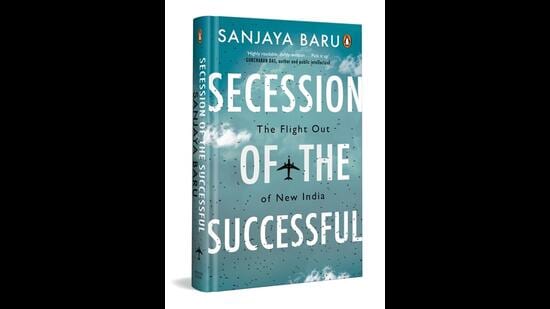 320pp, ₹799; Penguin (A book that asks if and why Indian elites are fleeing their native land)
320pp, ₹799; Penguin (A book that asks if and why Indian elites are fleeing their native land)
Why are so many of our fellow citizens disentangling from the political and economic future of India to invest in the destiny of other nations? Are Non-Resident Indians turning irreversibly into Non-Returning Indians? Is enhancing soft power a fair trade off for losing priceless human capital? And, perhaps most pertinently, is India becoming, after Russia and China, the constricting land of intolerance and authoritarianism from which the elites flee in droves, seeking greener and more liberal pastures — not to forget tax havens.
Sanjaya Baru raises all these questions and more in Secession of the Successful: The Flight Out of New India, which more than being a tome is a wake up call we had better heed.*
Migrations that define a multicultural world
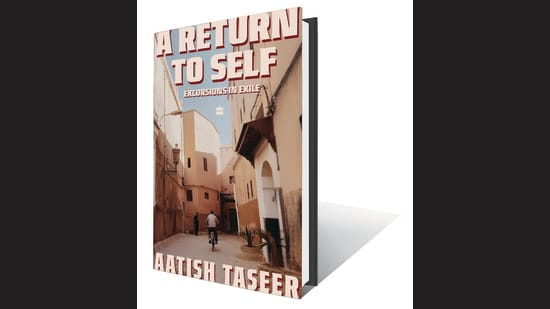 226pp, ₹499; Harper Collins (A blend of travelogue and memoir that combines reportage with romanticism)
226pp, ₹499; Harper Collins (A blend of travelogue and memoir that combines reportage with romanticism)
A blend of travelogue and memoir spanning from Turkey to Mexico, exploring Aatish Taseer’s uniquely blended identity and asking: Why do certain cities become epicenters of great historical shifts and sites of unpredictable communities?
The loss of Aatish Taseer’s Indian citizenship in 2019 sent him on a journey of revisiting the places that formed his identity, and asking broader questions about the complex forces that make a culture and a nationality, in the process.
In Istanbul, he confronts the hopes and ambitions of his former self. In Uzbekistan, he sees how what was once the majestic portal of the Silk Road is now a tourist façade. Everywhere he goes, the ancient world mixes intimately with the contemporary: with the influences of the pandemic, the rise of new food cultures, and the ongoing cultural battles of regions around the world. How do centuries of cultures evolving and overlapping, often violently, shape the people that subsequently emerge from them?
In thoughtful prose that combines reportage with romanticism, Taseer gets to the human heart of the shifts and migrations that define our multicultural world.*
A riverine journey
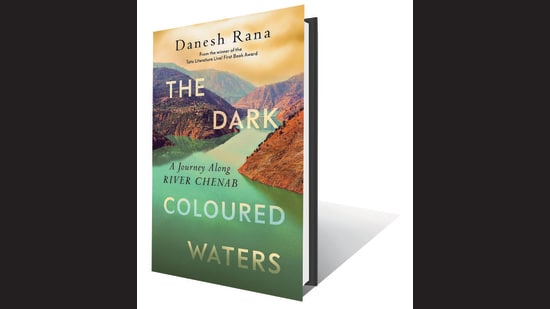 328pp, ₹899; Juggernaut (Tracing the Chenab from its mythic origins to the landscape of Jammu and Kashmir)
328pp, ₹899; Juggernaut (Tracing the Chenab from its mythic origins to the landscape of Jammu and Kashmir)
The Dark-Coloured Waters is as much the story of a river as it is of a man shaped by its course.
Danesh Rana has had a profound connection with the Chenab. As a child, it flanked family road trips to Kashmir. In the 1990s, it ran through the newspaper headlines of bloodshed and militancy. And in 2002, it flowed past his police station in Ramban during a tense posting flat the heart of conflict. In 2018, on election duty in Himachal Pradesh, Rana arrived at the river’s source – a symbolic homecoming that compelled him to write this book.
Spanning decades and landscapes, The Dark-Coloured Waters traces the Chenab from its mythic origins to the violence-scarred landscape of Jammu and Kashmir. Along the way, Rana blends memoir, travelogue and keen observation to chart the river in all its complexity. Every bend reveals something new – culture and conflict, memory and myth, power and resistance. The Chenab is also a river of diplomacy, enshrined in the Indus Waters Treaty and entangled in the acrimony of India-Pakistan relations. From Bollywood to bloodshed, spiritual quests to statecraft, the Chenab reflects the many Indias that surge along its banks.
This is no linear chronicle, but a riverine journey – restless, reflective and deeply human.*
*All copy from bookflap.

